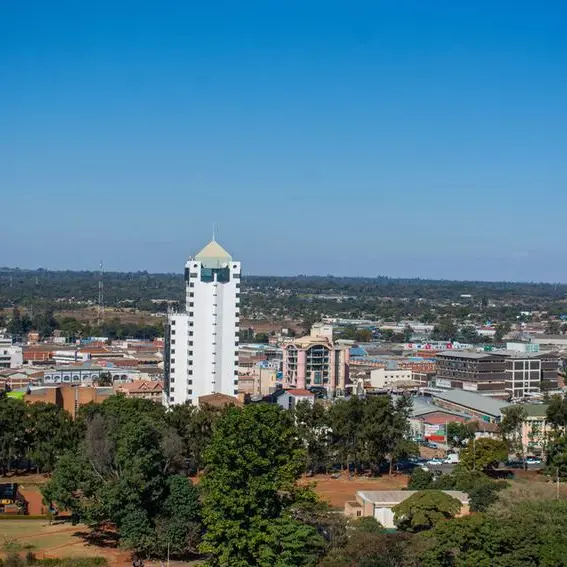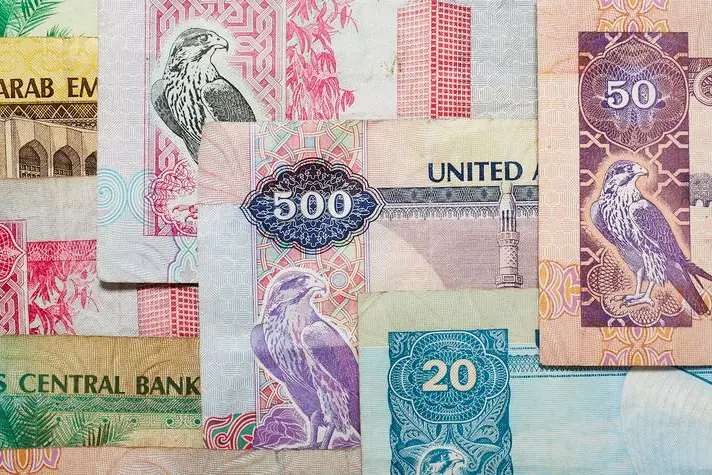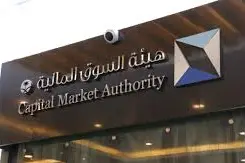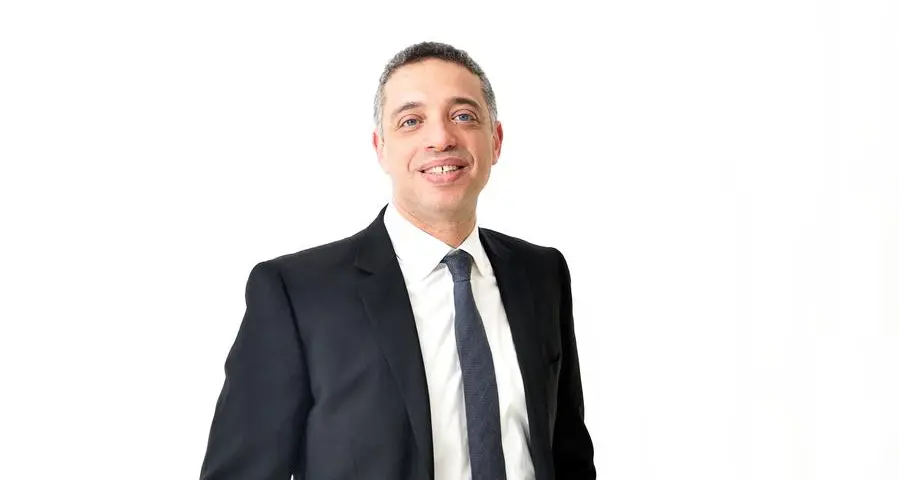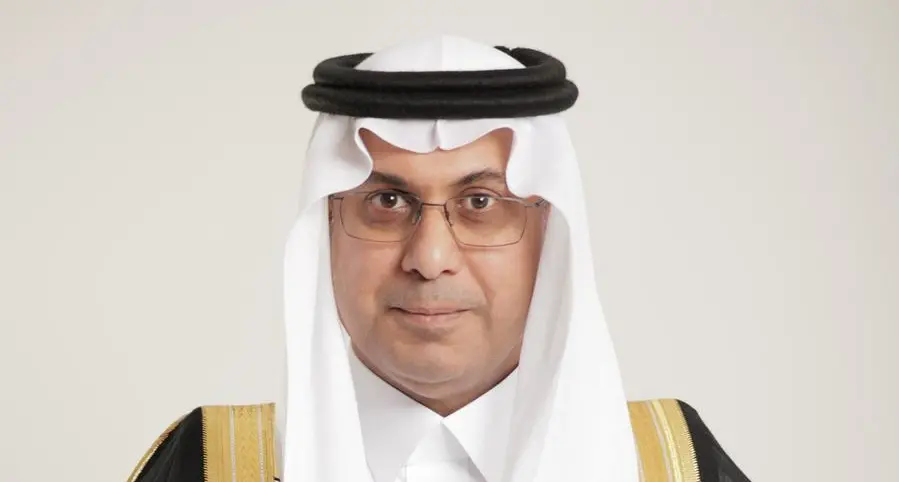PHOTO
Harare, Zimbabwe - December 22 2018: Aerial panoramic daytime view of of Harare city centre. Image used for illustrative purpose. Getty Images
Zimbabwe starts compensation payments to displaced White farmers
The government of Zimbabwe has started disbursing funds to fully compensate former white commercial farmers whose land was compulsorily acquired during the land reform programme that started in the early 2000s.
According to, Zimbabwe’s Minister of Finance, Mthuli Ncube (below), 94 farms, covering 56 farmers, have been approved for compensation for both the land and improvements made on the farms, with a total value of $145.9m.
He said only farms protected under the Bilateral Investment Protection and Promotion Agreements (BIPPAs), signed and ratified before the 2000 land reform programme, are eligible for compensation. The claimants are from Denmark, Germany, the Netherlands, Switzerland and former Yugoslavia.
“The payments to farm owners under BIPPA protection mark a historic milestone and a critical step in Zimbabwe’s arrears clearance and debt resolution process,” he said.
As Zimbabwe engages with its external creditors for debt relief and restructuring Ncube said the successful implementation of these reforms is a key component of the country’s efforts to clear arrears and achieve debt sustainability, which is essential for unlocking new concessional external financing.
“This is critical for the country to achieve its economic development aspirations,” he added. Akinwumi Adesina,
President of the African Development Bank Group and the Champion of the Zimbabwe arrears clearance and debt resolution said: “The compensation demonstrates the government’s goodwill and commitment to building trust in the process and improving investor confidence in the country.
“The progress Zimbabwe has made, the commitment and resilience it is showing, calls for support from development partners to facilitate the country’s effort in implementing ongoing reforms and to provide the much-needed cushion to the vulnerable members of the population in particular.”
94 farms, covering 56 farmers, have been approved for compensation for both the land and improvements made on it, with a total value of $145.9m..
AFC raises $400m shariah-compliant Murabaha
The Africa Finance Corpor- ation (AFC) has successfully closed a $400m shariah- compliant Commodity Murabaha facility, marking its strategic return to the Islamic finance market for the first time in eight years.
Initially launched at $300m, the facility was upsized to $400m as strong investor demand resulted in a 47% oversubscription. The transaction attracted participation from 11 leading Islamic financial institu- tions, including new AFC partnerships with Abu Dhabi Islamic Bank PJSC, Al Rajhi Bank, and Emirates Islamic Bank.
“This transaction reaf- firms AFC’s role as a bridge between global capital and Africa’s most urgent in- frastructure needs,” said Samaila Zubairu (below right), President and CEO of AFC.
“The overwhelming de- mand demonstrates strong confidence in our invest- ment strategy and Africa’s increasing importance in the Islamic finance landscape. By expanding our interna- tional funding sources, we continue to create innova- tive fifinancial solutions to drive impactful and sustain- able development across the continent.”
Emirates NBD Capital Limited, First Abu Dhabi Bank PJSC, and SMBC Bank International Plc acted as Joint Lead Arrangers and Bookrunners for the trans- action.
The transaction builds on AFC’s proven track record in Islamic fifinance, including its groundbreaking $230m sukuk – the first-ever by an African supranational entity – issued in 2017.
AFC has consistently broadened its funding port- folio with innovative trans- actions. In January, AFC raised $500m from its first perpetual hybrid bond. In the same month, it received the highest possible credit ratings from S&P Global (China) Ratings and China Chengxin International Credit Rating Co. Ltd (CCXI) ahead of a potential panda bond issue.
Islamic finance, includ- ing Murabaha structures, is widely regarded as ethical and sustainable due to its emphasis on asset-backed financing, risk-sharing, and the prohibition of specula- tive practices.
“Islamic finance plays a growing role in our funding strategy, helping us tap into a diverse pool of investors who share AFC’s commit- ment to sustainable and responsible investing,” said Banji Fehintola, Executive Board Member and Head of Financial Services at AFC.
© Copyright IC Publications 2022 Provided by SyndiGate Media Inc. (Syndigate.info).


